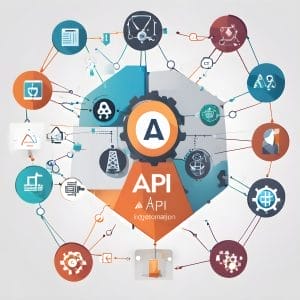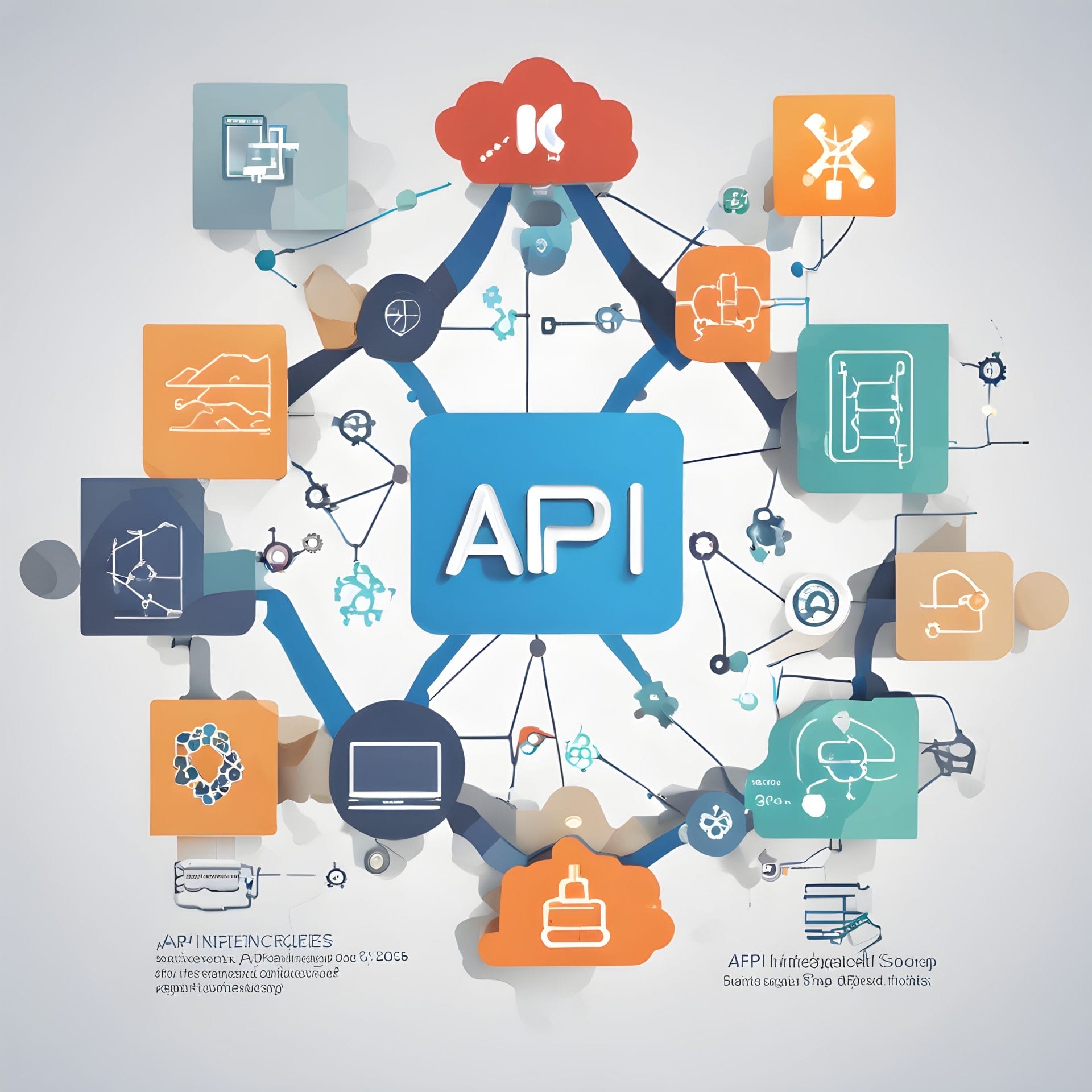Custom API Development & Integration Services
Secure, Scalable Sync for Enterprise Systems
Lumen provides custom API development and API integration in NZ for Zoho, HubSpot, Xero, SAP, and cloud platforms. We deliver secure, high-performance data orchestration to connect your fragmented software into a unified ecosystem.
- 42+ production API integrations delivered
Specialised API Solutions & integrations
Zoho CRM API Experts
Specialising in Zoho CRM, WooCommerce, and Xero deep-level sync.
HubSpot & CRM Sync
Bi-directional data flows for HubSpot, Salesforce, and Pipedrive.
Enterprise Resource Planning
Specialist integration for SAP, Microsoft Dynamics, and legacy ERPs.
Strategic Orchestration
Leveraging Make, n8n, and Zapier for multi-step automated workflows.
Cloud Architecture
Expert delivery across Azure, AWS, and custom GraphQL architectures.
Read Related Pages
Security, Monitoring & Support
We don’t just build connections; we build resilient infrastructure that stays online.
Security First
Implementation of OAuth2, API key management, and least-privilege access protocols.
Resilience
Built-in logging, automatic retries, idempotency, and rate limiting to prevent data loss.
Proactive Monitoring
Real-time alerting and performance monitoring to catch issues before they impact users.
Expert Handover
Comprehensive technical documentation and structured team handovers.
Managed Support
Flexible SLA options to ensure long-term stability.
Featured Case Study: Enterprise SAP & Zoho Integration
The Challenge: A major NZ B2B supplier needed to migrate to Zoho One while maintaining deep integration with backend SAP inventory management with zero room for downtime.
The Solution: Lumen designed a custom API architecture to bridge SAP with Zoho CRM, Desk, and Analytics. We delivered a real-time sync for 100% stock accuracy in under 6 weeks.
The Outcome: The client achieved full digital independence with a lower TCO and zero operational failure during their peak transition period.

Technical Architecture: REST vs. GraphQL
Feature | REST (Representational State Transfer) | GraphQL (Query Language) |
|---|---|---|
Data Fetching | Multiple endpoints for different resources. | Single endpoint; fetch exactly what you need. |
Flexibility | Rigid structure; can lead to “over-fetching.” | Highly flexible; client defines the data shape. |
Best For | Standard CRUD and simple integrations. | Complex, nested data and rapid frontend iteration. |
Lumen NexusFlow: Intelligent API Automation
Securely integrate AI into your enterprise workflows.
We integrate your systems with Azure-hosted private GPT and model-agnostic AI orchestration to automate workflows securely.
Private AI
Deploy private instances of GPT-4, Claude, or Gemini to handle sensitive logic.
Automated Enrichment
Evaluate and enrich data automatically during the API transfer process.
Secure Governance
Enterprise-grade AI integration that keeps your proprietary data within your own cloud environment.

FAQs
What does an API developer do?
An API developer designs and maintains the secure bridges between software. They handle architecture, security (OAuth2), and documentation for platforms like SAP, Zoho, and HubSpot.
What are the 4 types of API?
- Public APIs: Open for external developers.
- Private APIs: Internal to an organization for efficiency.
- Partner APIs: Shared with strategic business allies.
- Composite APIs: Combining multiple data calls into one for higher performance.
How does API work for beginners?
For beginners, understanding APIs can be simplified by comparing them to a restaurant's service model. Imagine an API as a waiter who takes your order (a request) and conveys it to the kitchen (a system). The kitchen prepares your meal (processes the request) and the waiter delivers the dish back to you (the response). In digital terms, when an application wants to access data or functionalities from another service, it sends a request through the API. The API then queries the relevant system for that information or action and returns the response to the requesting application. This interaction allows different software applications to communicate and share resources efficiently.
What is an API example?
A familiar example of an API is the process of searching for flights on a travel website. When you enter your travel dates and destination, the website uses the airlines’ APIs to retrieve available flights and displays them for you. The APIs act as intermediaries, allowing the travel service to access the airlines' databases without needing direct access to their internal systems.
What is an API in simple terms?
In simple terms, an API is a set of rules and protocols that allows one software application to access the services and data of another. It’s a bridge that enables two different systems to communicate with each other, allowing developers to tap into functionalities or data without having to build those features from scratch.
What is an example of a real-time API?
A real-time API example is the streaming of live sports scores. Websites and mobile apps use these APIs to fetch and display live game scores from various sports leagues instantly. This allows fans to follow their favourite teams and games in real time, even if they cannot watch the game live. The APIs ensure that the data is updated continuously, providing the latest scores and game statistics as they happen.
YOU'RE IN GOOD COMPANY
Ready to Modernise Your Data Stack?
Partner with Lumen for high-availability integrations that scale with your business.

